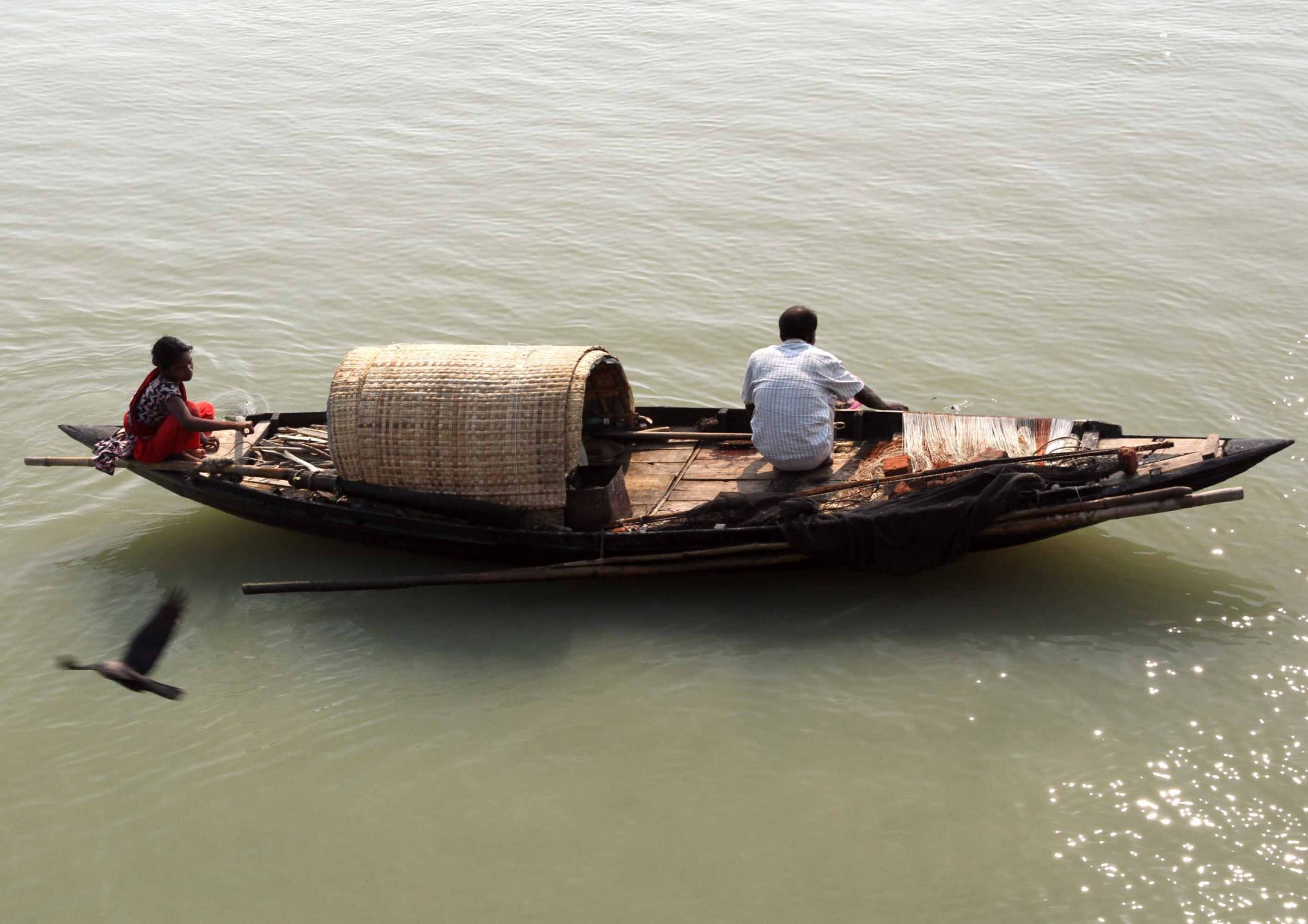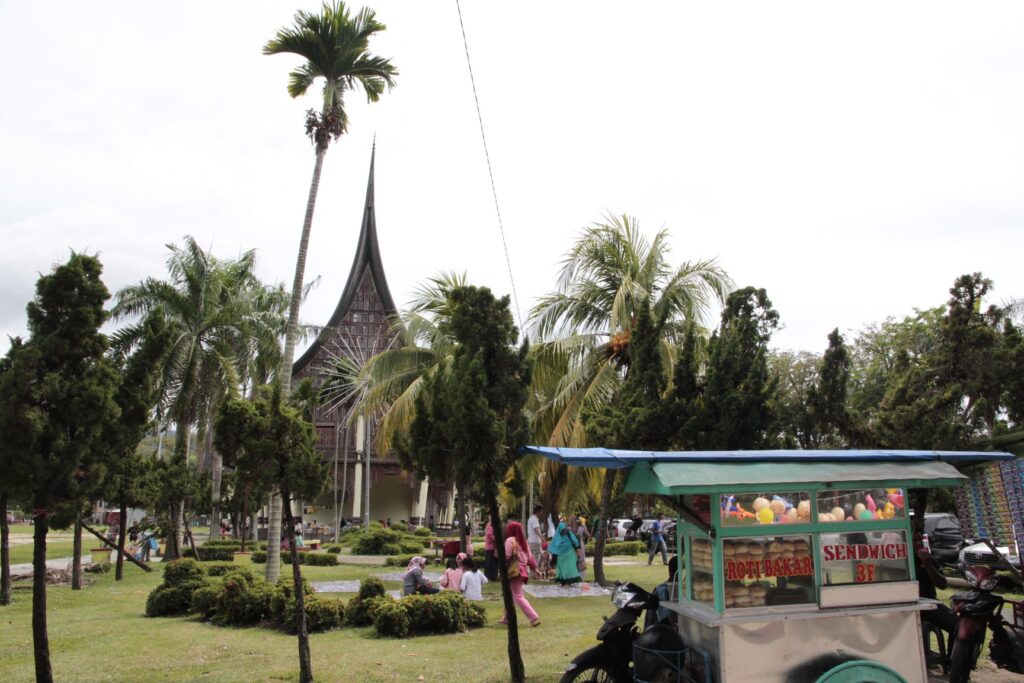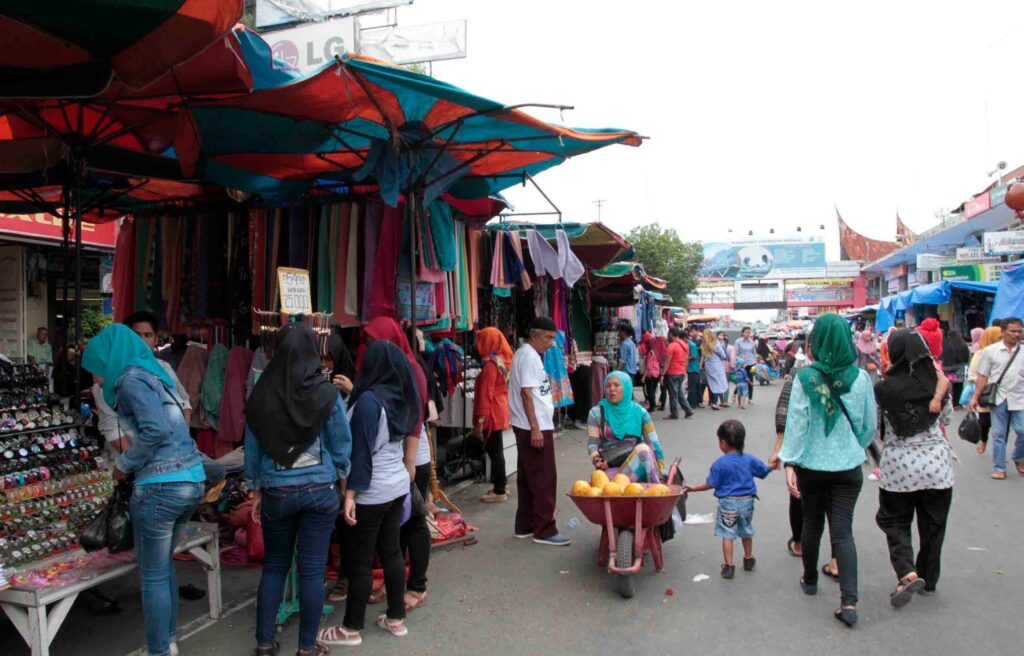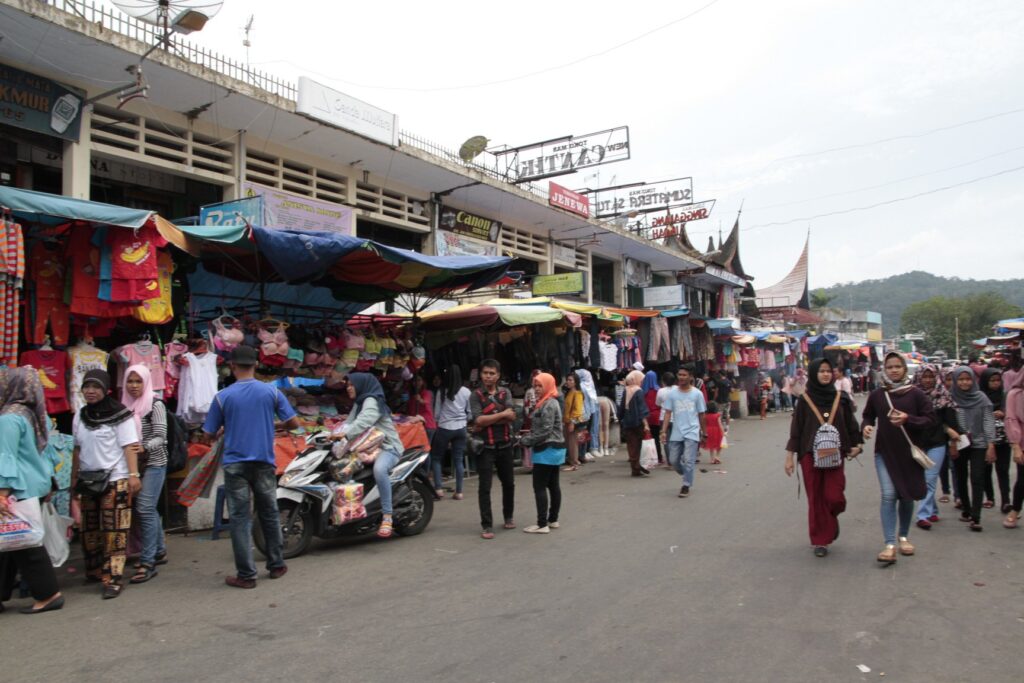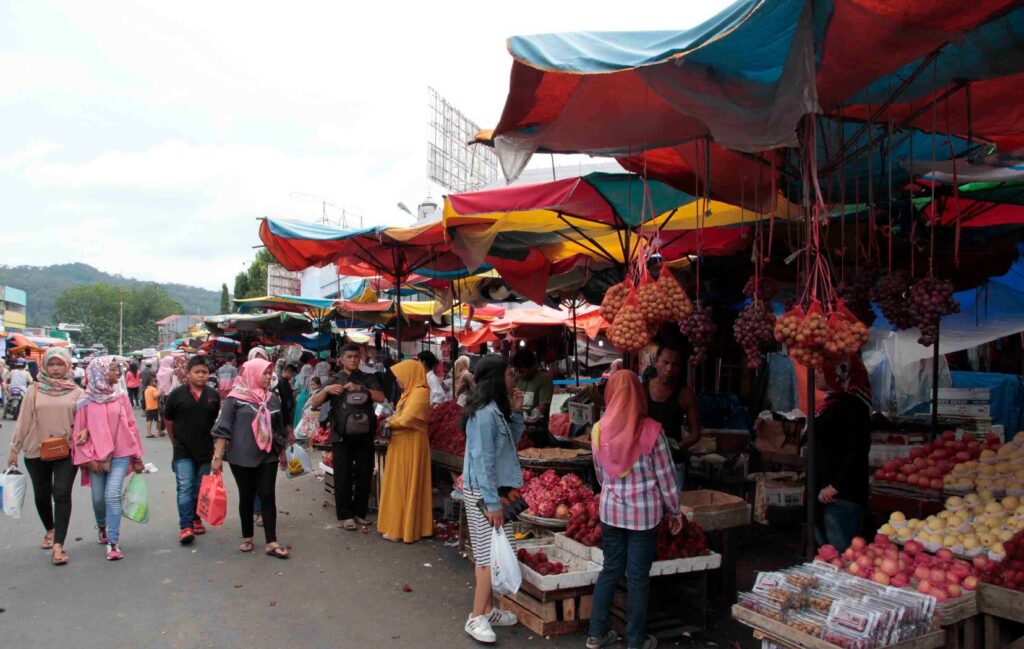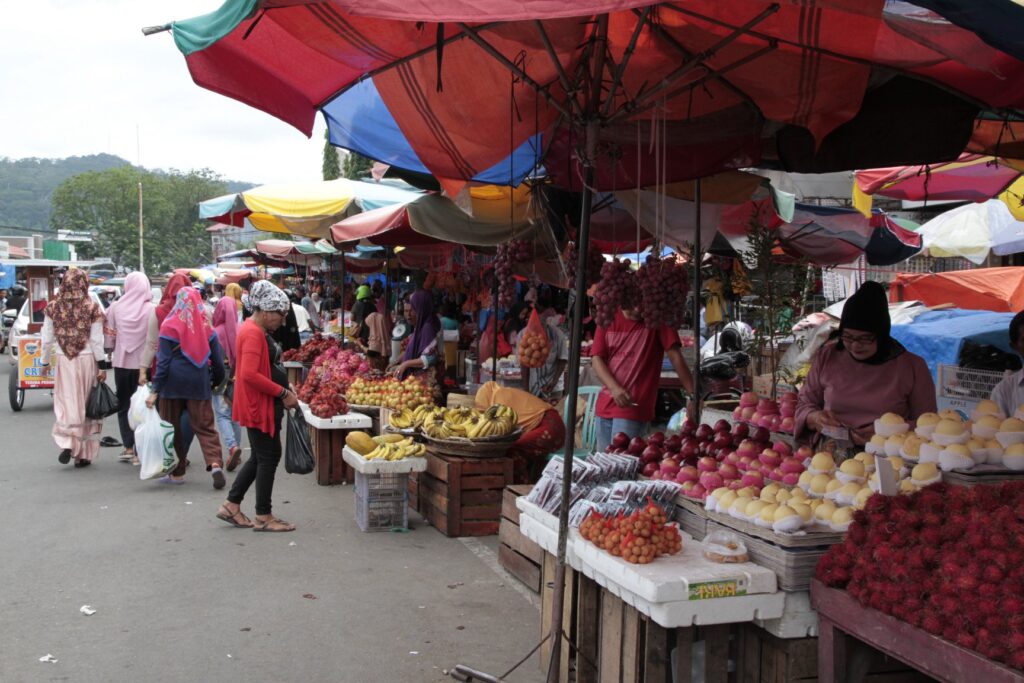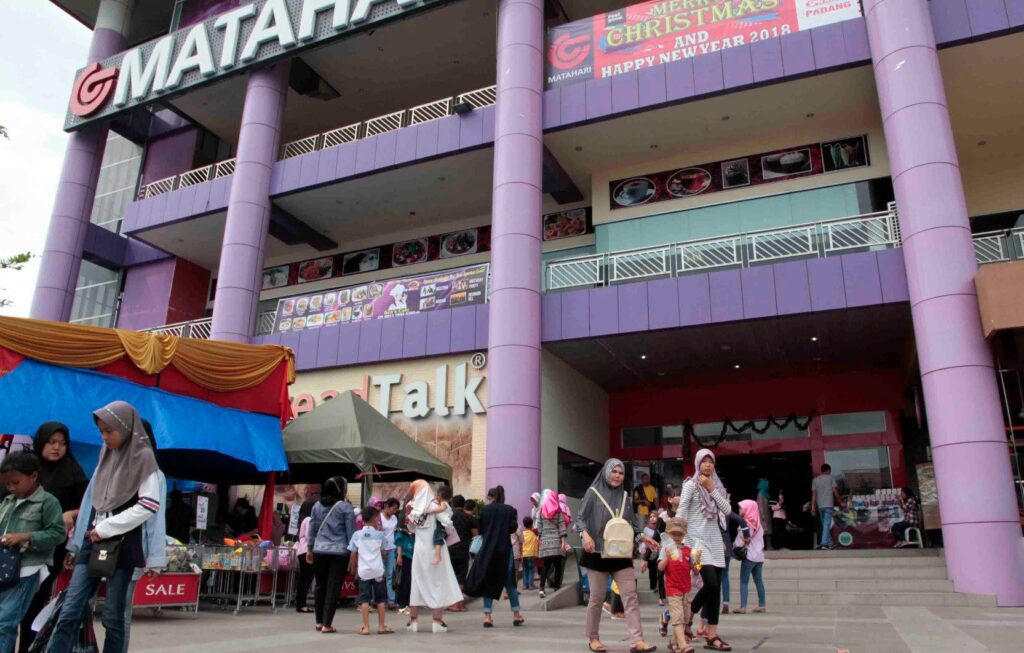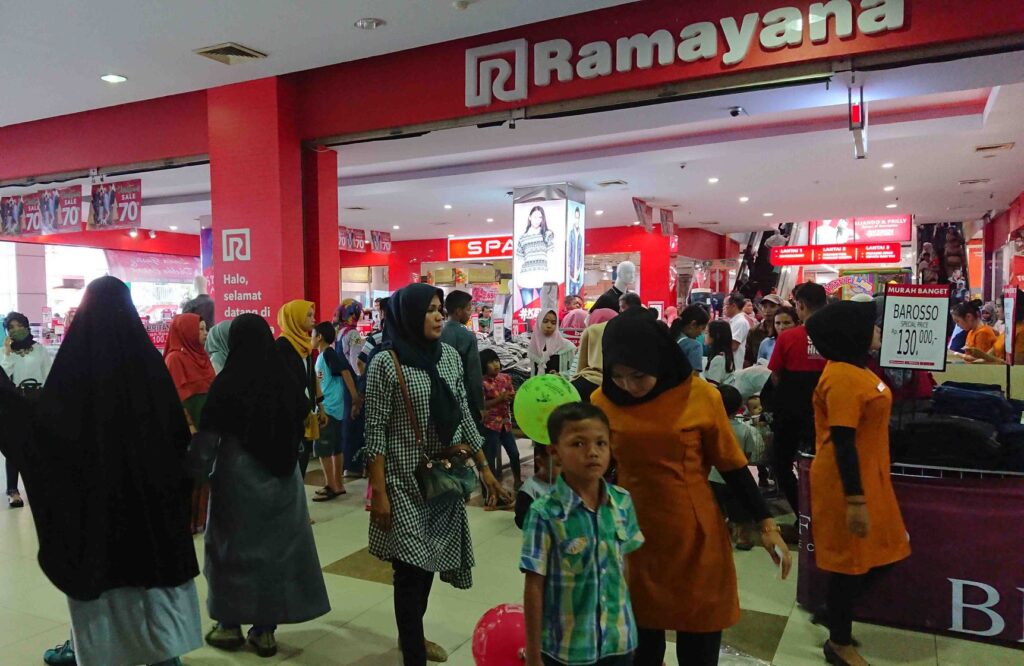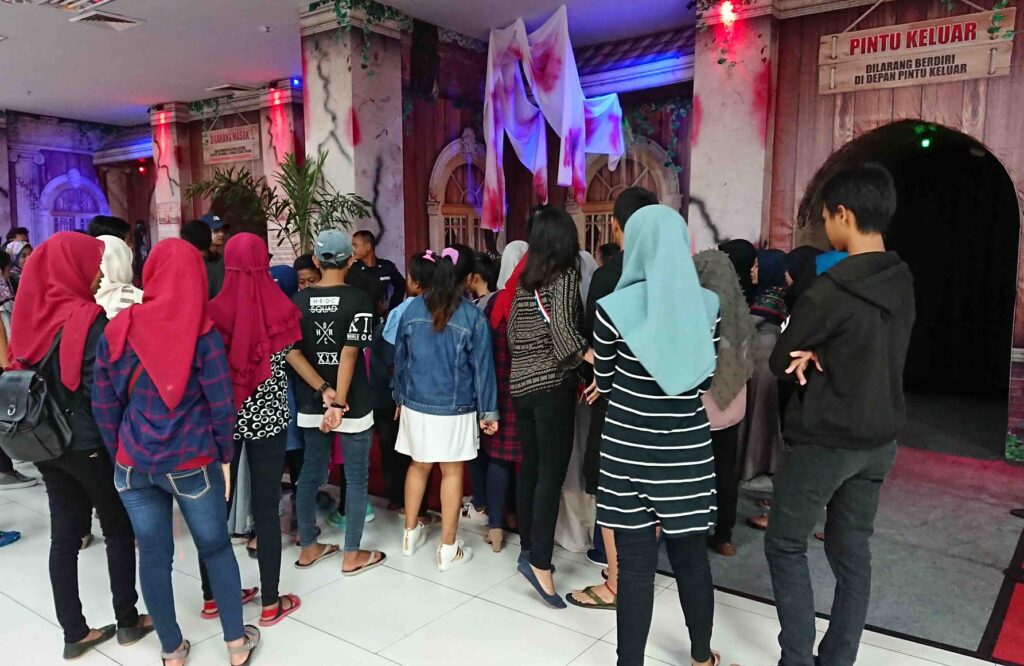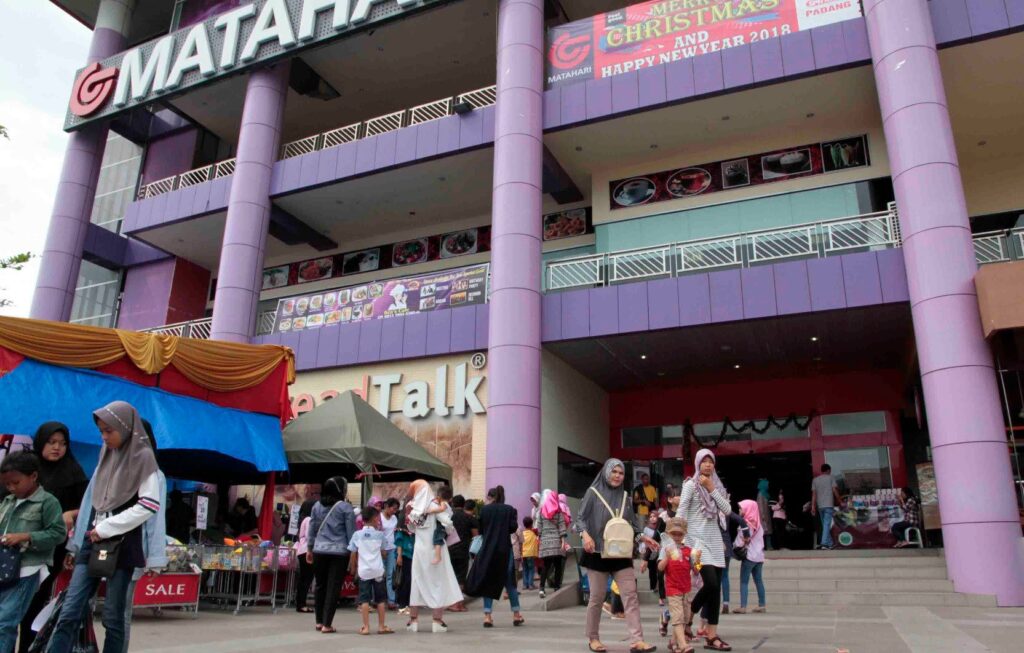
8 March 2022 – an International Women’s Day contribution
On International Women’s Day, 8 March 2022, I want to introduce, to my Facebook friends, the matrilineal Minangkabau system: a highly conservative Muslim society, where women, in theory, own all the family properties.
In January 2018, I visited Padang city in West Sumatra, Indonesia. The local ethnic people in West Sumatra are called Minangkabau.
After arriving, I went for a walk to a huge traditional market and a modern multi-story shopping mall. I noticed that 95% of women in the city wear the hijab and that about 70% of the people in the city who visited the market and the shopping mall – when I went there several times – were women. Then, I went to have something to eat at a local KFC and again, the majority of the people eating were hijab-wearing women. I started to wonder about this unusual situation based on my personal experience of various places around Indonesia and other areas.
My taxi driver, who drove me from the airport to the hotel, told me that 100% of the Minangkabau people were Muslims and that the non-Muslims in the city were of Chinese descent. I have seen several churches and many Chinese people in the city.
I found the overwhelming public presence of women in the city wearing hijab intriguing. So, I decided to use Sheikh Google. I found many sources of information on the Minangkabau people and learnt about many studies undertaken on the people, especially by Westerners. The following quotations, which I have picked up from the internet and presented below, provide some pointers towards an explanation for the large public presence of Muslim women in a society that would usually be described as very conservative.
“The Minangkabau are the largest matrilineal society in the world, with the property, family name and land passing down from mother to daughter, while religious and political affairs are the responsibility of men, although some women also play important roles in these areas.”
“Minangkabau people in Indonesia are widely claimed as the largest matrilineal society in the world. They had always encouraged their males to go on sojourn outside their homeland in search of economic activity and experience.”
“In the highlands of West Sumatra, a man is considered a guest in his wife’s home.”
The women seemed quite at ease with this situation, but I have been wondering how the Minangkabau people, being very Islamic, deal with the contradiction between Islamic law of inheritance and their matrilineal system; how they reconcile the two opposite value systems and legal positions. I was just wondering how when the Islamic law of inheritance favours men everywhere else, in this system in West Sumatra, in theory, it excludes men from inheritance.
